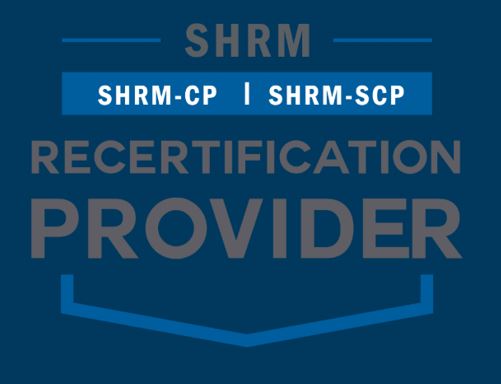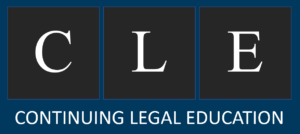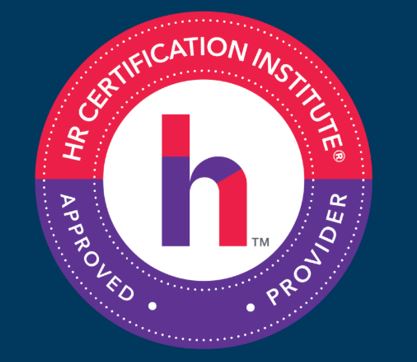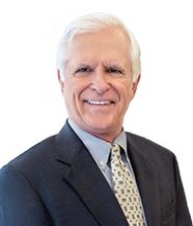WEBINAR: GETTING BACK TO BUSINESS: WHAT IS THE “NEW NORMAL” WHEN EMPLOYERS RE-OPEN?
Date: May 12, 2020 at 1 pm EST
Cost: FREE
As state and localities begin to relax or eliminate shelter-in-place orders, every employer is asking itself, “Should we re-open? If so, when? And how do we do it safely and in a legally compliant way?” Among the questions to be addressed:
- How should we notify our employees we are re-opening?
- If we are not bringing back everyone at once, how do we decide who to bring back first?
- With many furloughed workers receiving more in unemployment compensation benefits than the earned while employed, what if an employee wants to remain on furlough instead of returning to work?
- What will be the “standard of care” expected of every employer?
- Screening employees before the return to work… how does the ADA come into play? HIPAA?
- Screening customers? Vendors?
- Wearing masks… allowed? Required? Taking temperatures? Recording the results/data?
- What must we do to comply with the Occupational Safety and Health Act (OSHA), and especially OSHA’s General Duty clause that applies to almost every private employer?
- Might workers’ compensation laws come into play?
- What if an employee is unwilling to return due to fear of contracting C-19 at work?
- What about an employee who says s/he is fully performing the job at home, so no need to return to the workplace?

The Institute for Applied Management & Law, Inc. is recognized by SHR< to offer Professional Development Credits (PDCs) for the SHRM-CP or SHRM-SCP. This webinar has been approved for 1.5 PDCs.

This 90-minute webinar has been approved for Minimum Continuing Legal Education credits by the State Bar of California in the amount of 1.5 credit hours. IAML certifies that this activity conforms to the standards for approved education activities prescribed by the rules and regulations of the State Bar of California governing minimum, continuin legal education.

IAML is a recognized provider of recertification credits. HR Certification Institute® has pre-approved this webinar for 1.5 general (HR) credit hours towards aPHR™, aPHRi™, PHR®, PHRca®, SPHR®, GPHR®, PHRi™ and SPHRi™ recertification.
IAML’s faculty is a veritable “who’s who” of leading attorneys and consultants with excellent academic credentials and extensive real world experience. Each member has enjoyed high ratings for their presentation skills and is an industry thought leader who inspires and shares our focus of ensuring the highest quality training programs available.

John F. Wymer, III, Esq., Partner at Thompson Hine
John, a partner in the Labor & Employment group, represents public, private and governmental employers of all sizes in labor and employment disputes in state and federal courts across the country, as well as before the National Labor Relations Board, Equal Employment Opportunity Commission, U.S. Department of Labor and other administrative agencies. His experience encompasses matters involving employment discrimination, non-competition and trade secrets, harassment claims and investigations, representation elections, wage and hour disputes, labor negotiations, employee benefits and ERISA. John also represents employers in labor arbitrations, union election campaigns, unfair labor practices cases and collective bargaining negotiations.

M. Scott Young, Esq., Partner at Thompson Hine
Scott advises employers on, and litigates, all aspects of labor and employment law. This includes cases involving alleged employment discrimination and wrongful discharge, harassment, unlawful retaliation, whistleblower claims, restrictive covenants, breach of employment contract, breach of collective bargaining agreements, trade secrets, wage and hour issues under the Fair Labor Standards Act and related state statutes, safety and health, employment torts, state unemployment tax account liability, workers’ compensation, disability and leave issues, and unfair labor practice charges. He counsels employers on employment investigations, terminations, employment handbooks and written policies, benefits, insurance, unions and related collective bargaining agreements, employment and independent contractor agreements, alleged misappropriation of trade secrets and intellectual property.

